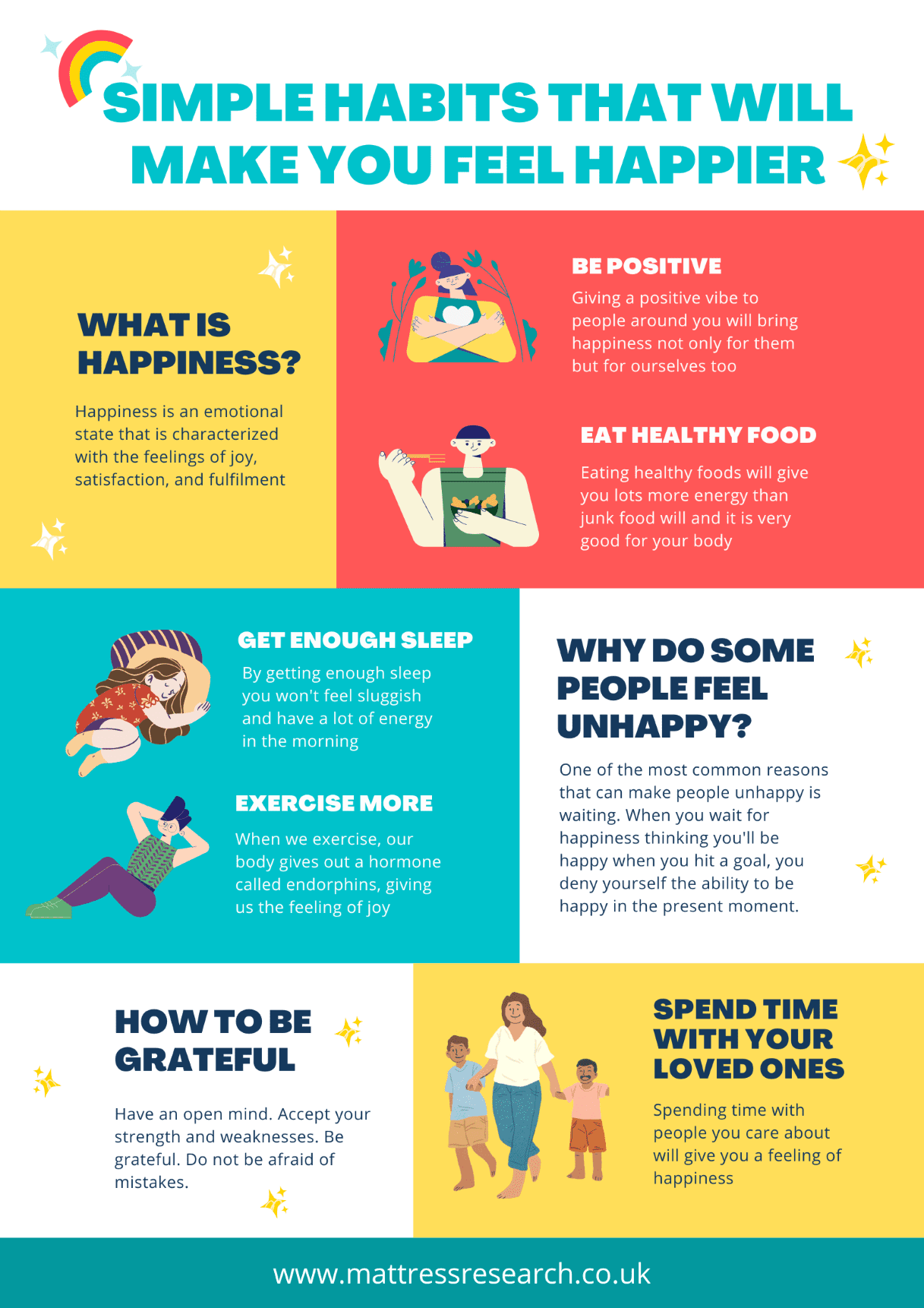How Sleep Deprivation Affects the Brain
In today’s fast-paced world, sleep deprivation has become a widespread problem. Many struggle to get the recommended seven to nine hours of sleep each night, resulting in chronic sleep deprivation. However, it is essential to understand that sleep is not just a time for the body to rest but also plays a crucial role in the brain’s functioning. A comfortable and supportive mattress can play a role in promoting good sleep habits and preventing sleep deprivation.
Understanding Sleep Deprivation
Sleep deprivation is when an individual is not getting enough sleep to meet physiological needs. According to a study by the National Sleep Foundation, over one-third of adults in the UK are sleep-deprived. The most common causes of sleep deprivation are work demands, stress, and lifestyle choices such as staying up late to watch TV or play video games. The consequences of long-term sleep deprivation can be severe. It can lead to various physical and mental health problems, including decreased productivity, poor memory and concentration, a weakened immune system, and an increased risk of depression and anxiety.
The Science Behind Sleep and the Brain
Sleep plays a crucial role in maintaining the overall health of the brain and its functions. The brain goes through various stages during sleep, including light sleep, deep sleep, and rapid eye movement (REM) sleep. During the deep sleep stage, the brain can consolidate memories and process new information, while during the REM stage, the brain is active, and dreams occur.

How Sleep Deprivation Impacts Brain Function
When we don’t get enough sleep, it affects the brain’s ability to perform at its best. Sleep deprivation impairs memory formation and learning, making it more difficult to retain new information. Additionally, it affects our attention span and decision-making abilities, making it harder to stay focused and make sound judgments. Sleep deprivation also increases the risk of mental health problems like depression and anxiety. This is because sleep plays a vital role in regulating mood and emotions. When we don’t get enough sleep, our brain’s ability to regulate mood is impaired, leading to feelings of irritability, anxiety, and depression.
Physical consequences of sleep deprivation include a weakened immune system, making it more difficult for the body to fight off infections. Hormonal imbalances, such as increased levels of cortisol (the stress hormone) and decreased growth hormone levels, can also occur.
Strategies for Getting Better Sleep
Establishing a consistent sleep schedule is one of the best ways to improve sleep quality. Going to bed and waking up simultaneously daily can help regulate the body’s natural sleep rhythm. Additionally, creating a sleep-conducive environment is crucial. This includes making sure the bedroom is dark, quiet, and at a comfortable temperature. A comfortable and supportive mattress can also help ensure a good night’s sleep. Practising good sleep hygiene is also essential. This includes reducing caffeine and screen time before bedtime and avoiding large meals, alcohol, and exercise close to bedtime. Relaxing activities such as reading, meditating or taking a warm bath before bed can also help promote better sleep.
The Benefits of Quality Sleep
Getting enough quality sleep has many benefits for both physical and mental health.
Improved mood and cognitive function, better physical health, and reduced risk of chronic diseases are just a few benefits of getting enough sleep. In addition, increased productivity and creativity are also associated with getting enough sleep.
In conclusion, sleep is a crucial component of overall health and well-being. Chronic sleep deprivation can have severe consequences for the brain and its functions, including impaired memory, decreased attention span, and increased risk of mental health problems. To combat sleep deprivation, it is essential to establish a consistent sleep schedule, create a sleep-conducive environment, and practice good sleep hygiene. By doing so, individuals can reap the benefits of quality sleep, including improved mood, better physical health, and increased productivity. Investing in a comfortable and supportive mattress can promote better sleep habits and prevent sleep deprivation. Remember, your brain and body need rest to function at their best, so prioritize your sleep today.
Investing in quality sleep is a vital aspect of overall health and well-being. That’s why we at Mattress Research are dedicated to providing you with the information and resources you need to get a good night’s sleep. We offer a wide range of information on the best mattresses, beds, pillows, and accessories to help you create a sleep-conducive environment.



